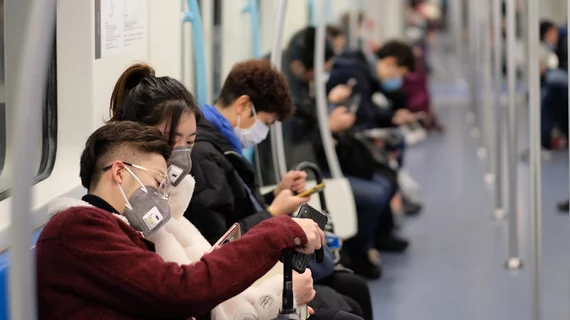China ramps up AI surveillance in face of coronavirus outbreak
Big-name Chinese technology vendors have responded to the Wuhan coronavirus outbreak by using more AI surveillance on the general public than ever before.
Insider reported on the situation, explaining that vendors such as Megvii and Baidu are working to scan as many people as possible with their advanced AI systems. A solution from Baidu, for instance, can scan more than 200 people per minute and alerts someone if a body temperature of at least 99 degrees Fahrenheit is reported. A similar system from Megvii scans up to 15 people per second, from a distance of up to 16 feet, looking for high body temperatures.
So is this a necessary move or a reason for concern? The Insider notes that arguments are being made on both sides of that equation. Vendors and government officials say the surveillance is essential to help combat the coronavirus outbreak, but others argue that this “has given the Chinese government an argument for acquiring and monitoring private-sector data.”
Click below for the full story:

